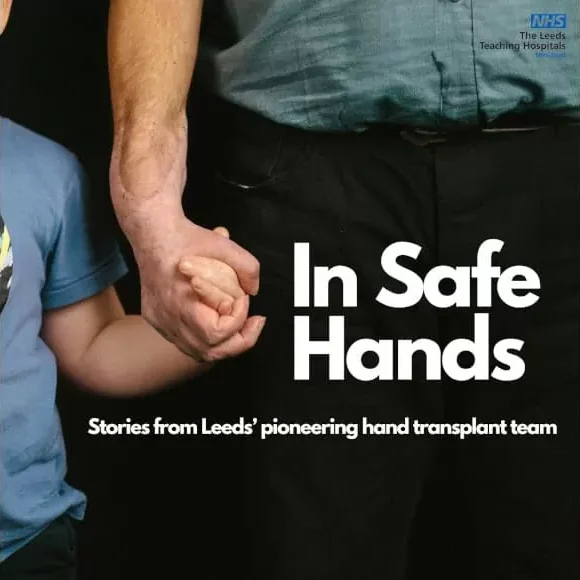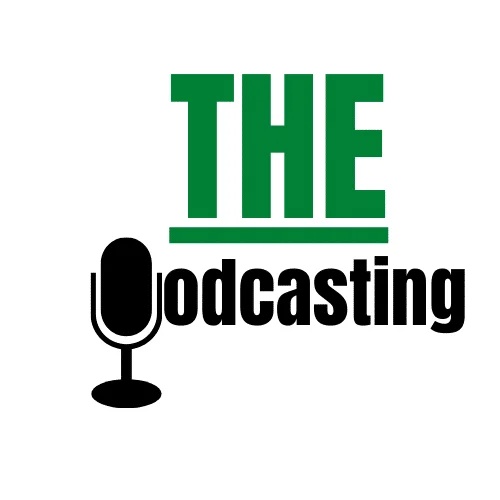Leeds Teaching Hospitals NHS Trust has unveiled its latest podcast series, In Safe Hands, which delves into the transformative world of hand transplants. This series features poignant stories from patients and healthcare professionals, shedding light on the profound emotional and psychological impacts of this life-altering procedure.
Leeds Hand Transplant Team Launches In Safe Hands Podcast – Transforming Lives

A Pioneering Program in Hand Transplantation
The Leeds Hand Transplant Programme is recognized as a leading initiative in the UK, known for its advanced techniques and compassionate care. This podcast aims to illustrate the intricate physical and emotional challenges faced by individuals who have lost their hands, and how receiving a hand transplant can dramatically alter their lives.


